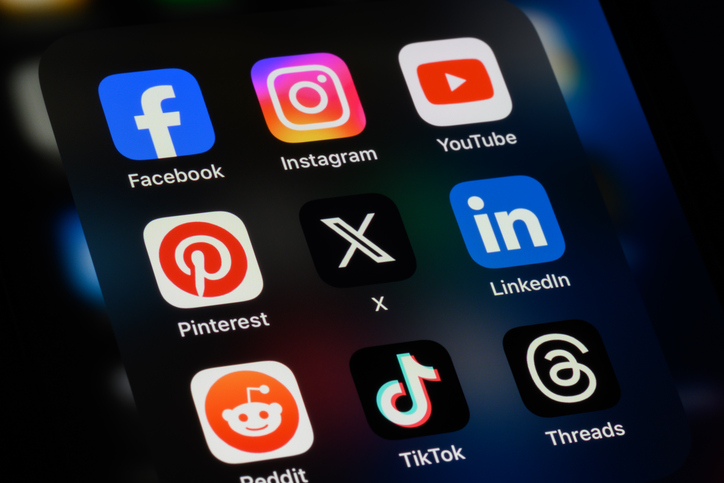
"On a typical workday, I receive between 200 and 300 emails, 100 to 200 text messages, 100 or more instant messages across various social media platforms, and over 50 voicemails on both my cell and work lines. The only way to manage this much input is to triage what's essential and what is not and do my best to respond as quickly and succinctly as possible."
"And in all of our hands, our smartphones are daily and hourly chipping away at a fundamental skill: paying attention and focusing. No matter how much we work on our listening and attention skills, our phones pull us toward distraction, reaction, and a lack of focus. And invariably, even if we work on listening and paying attention to others, there's little hope that we can get others to do the same."
Many people face huge daily volumes of messages—hundreds of emails, texts, instant messages, and voicemails—that require constant triage and rapid, succinct replies. Smartphones and constant notifications steadily degrade the ability to pay attention, listen, and focus, pulling individuals toward distraction and reaction. Most contacts are likely to be distracted and overwhelmed, so each communicator should avoid adding to the noise. Adapting to the recipient's preferred channel, delivering concise messages, using bullet points, and starting emails with a clear topic sentence all help streamline communication and respect limited attention.
Read at Above the Law
Unable to calculate read time
Collection
[
|
...
]